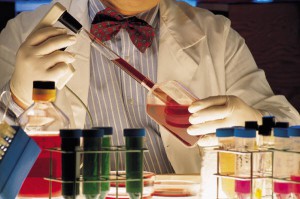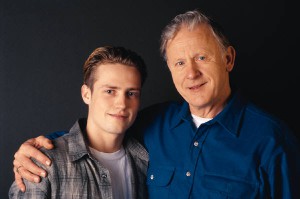
The provocative headline — How to Cure Cancer — on the cover of Time magazine’s April 1, 2013 issue was as intriguing as reporter Bill Saporito’s featured article, The Conspiracy to End Cancer. Saporito chronicles the radical multi-discipline, multi-institution approach to cancer research and cancer treatment development that is being spearheaded by Stand Up to Cancer (SU2C), a celebrity-funded cancer foundation that is funneling millions of dollars into a new style of cancer research that is not only changing our approach to this multi-faceted family of diseases but could significantly fast-forward efforts to develop a cure for cancer.
The cost of cancer is staggering. Despite progress in cancer prevention, detection and treatment, more than half a million Americans die from cancer every year, according to the National Cancer Institute; and another 1.7 million new cancer cases are diagnosed. Annual medical costs alone top $77 billion, and the cost of lost productivity by patients and family caregivers is more than $124 billion.
Part of the problem with treating cancer is that cancer is not a single disease, but many, possibly hundreds of different diseases. Adding to the complexity is the fact that cancer has no single pattern of attack or behavior, but many. While there are commonalities, there can also be vast differences in the way cancer and cancer treatments affect different individuals. The typically fragmented approach to medical research in which individuals and small teams working independently attack small pieces of the cancer puzzle and then jealously guard their discoveries has not proven effective against the breadth and scope of cancer. Stand Up to Cancer is changing the cancer research paradigm.
To be continued





